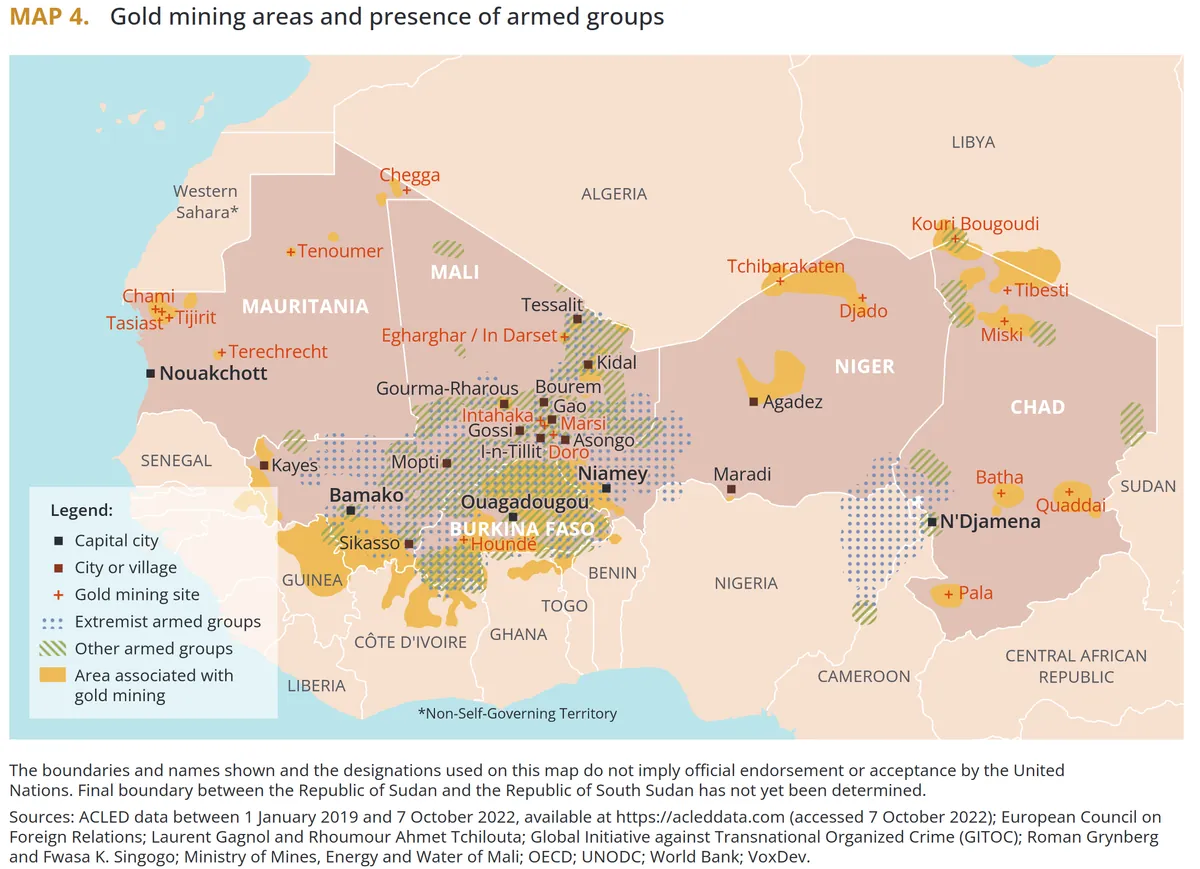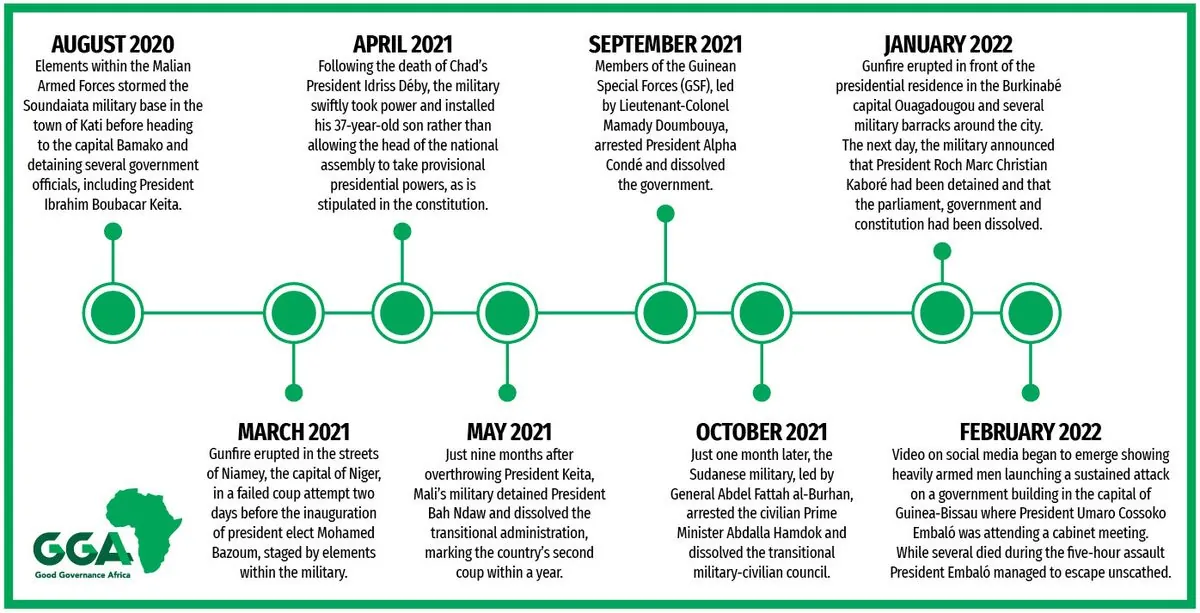Sahel Conflict Intensifies: Jihadist Attacks Surge, Driving Migration to Europe
Jihadist violence escalates in Burkina Faso, Mali, and Niger, prompting increased migration to Europe. Western powers face limited options as military juntas expel foreign assistance, raising concerns about regional stability.

The Sahel region, a vast semi-arid stretch south of the Sahara Desert, is experiencing an alarming surge in jihadist violence. On September 17, 2024, a brazen attack in Bamako, Mali's capital, highlighted the growing threat posed by extremist groups linked to al Qaeda and Islamic State.
This escalating conflict has far-reaching consequences, including a significant increase in migration to Europe. According to the International Organization for Migration (IOM), established in 1951, the number of migrants arriving in Europe from Sahel countries rose by 62% in the first half of 2024 compared to the previous year.
The situation in the Sahel has been exacerbated by a series of military coups since 2020, which have led to the expulsion of Western military assistance. These juntas have instead turned to Russian support, primarily from the Wagner Group, a paramilitary organization founded in 2014. However, this shift has not stemmed the tide of violence.

The impact of the conflict is particularly severe in Burkina Faso, which topped the Global Terrorism Index in 2024. On August 24, 2024, jihadists affiliated with al Qaeda carried out a devastating attack in Barsalogho, just two hours from the capital, Ouagadougou. The United Nations, founded in 1945, reports that about half of Burkina Faso is now beyond government control.
"Conflicts are at the root of the problem, combined with the effects of climate change."
The International Federation of Red Cross and Red Crescent Societies, established in 1919, notes that both conflict and climate change are driving people from rural to urban areas and ultimately towards Europe.
Western powers, including the United States, have seen their capacity to intervene diminish. The expulsion of U.S. forces from a drone base in Agadez, Niger, in 2023 has limited their ability to monitor and respond to jihadist activities. The Central Intelligence Agency (CIA), created in 1947, previously used these facilities to track extremist movements.
Data from the Armed Conflict Location & Event Data Project (ACLED), founded in 2005, shows that violent events involving jihadi groups in Burkina Faso, Mali, and Niger have nearly doubled since 2021. This increase has raised concerns about the potential for the Sahel to become a launchpad for attacks on Western targets.
The European Union, established in 1993, faces challenges in formulating a unified response to the crisis. Southern European nations, which receive the majority of migrants, favor maintaining communication with the juntas, while others object due to human rights concerns.
As the situation continues to deteriorate, there are growing worries about the Sahel becoming a base for global jihad. General Michael Langley, head of U.S. Africa Command (AFRICOM), established in 2007, has expressed concern about extremist organizations' aspirations to attack the United States.
The complex interplay of factors driving this crisis, including historical grievances, climate change, and weak governance, presents a formidable challenge to regional stability and international security. As the world's largest hot desert, the Sahara, looms over the region, the international community must grapple with finding effective solutions to address the root causes of conflict and migration in the Sahel.


































